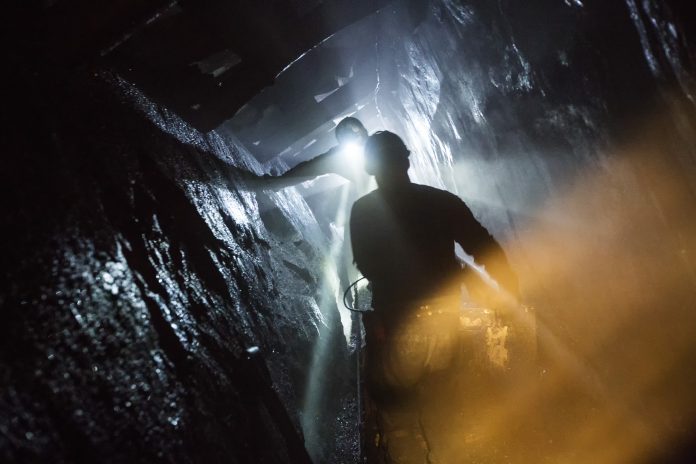Dr James Hansen, former global warming lead for NASA, has asked the UK Government to reconsider their confirmed plan to build a new coal mine in Cumbria
In a letter, Dr Hansen explains that the UK “is a special place, but it is not an island unto itself.”
He goes on to explain how the impact of the UK’s environmental decisions are felt in all corners of the world. He goes on to describe how the world benefit from the immediate use of a carbon or climate tax – which could provide the UK Government with a further source of income, alongside encouraging renewable energy innovation.
The UK is set to host the UN Climate Change conference, COP26, in November 2021.
The coal mine plans for Cumbria?
Hansen used the UK’s recent plan to create a deep coal mine in Cumbria as a way to segue into the overall environmental potential of the State.
The new mine would be used to extract coking coal for steel production. It was given planning permission by Cumbria county council in October, 2020.
Domestic plans include phasing out coal entirely by 2024, which means this mine would run for three years.
Hansen pointed out the disparity between global climate leadership and internal realities, saying that: “It would be easy to achieve this latter ignominy and humiliation. Just continue with the plan to open a new coalmine in Cumbria and continue to invest funds of the British public in fossil fuel projects overseas, in contemptuous disregard of the future of young people and nature.”
‘Further fuels climate and ecological breakdown’
Paul Miner, from the countryside charity (CPRE) commented: “All coal mines should be refused planning permission, according to current government policy. So, it beggars belief why ministers have not stepped in and refused the planning application for this coal mine in Cumbria.
“Not only does coal mining scar the landscape and cause pollution for countryside communities, it further fuels climate and ecological breakdown. If the UK is to host COP26 while simultaneously approving the extraction of coal, we risk becoming an international laughing stock.”
According to the Union of Concerned Scientists (UCS): “When coal burns, the chemical bonds holding its carbon atoms in place are broken, releasing energy. However, other chemical reactions also occur, many of which carry toxic airborne pollutants and heavy metals into the environment.”
Recent research suggests that the experience of childhood air pollution can impact cognitive capability later on in life.











